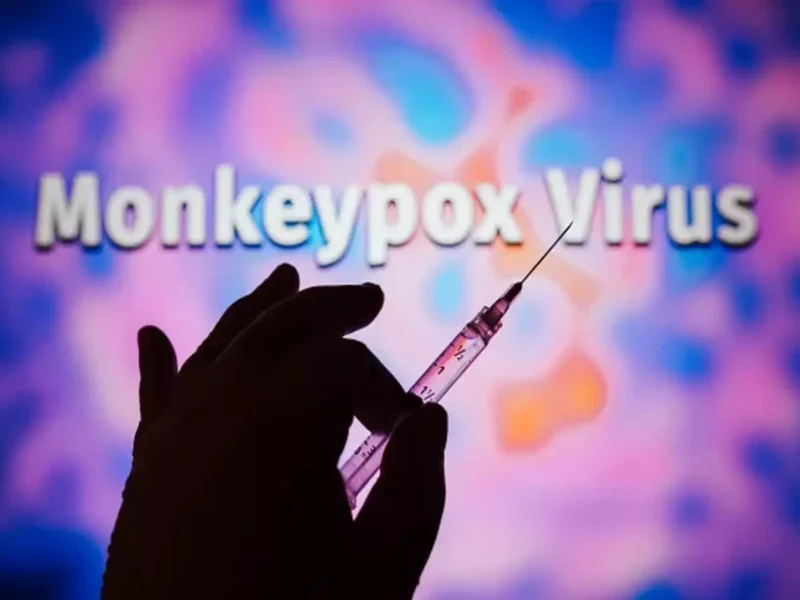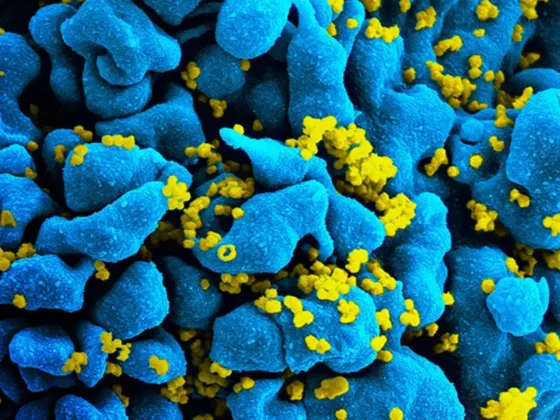New Delhi, September 10: As cases of mpox continue to rise globally, the Indian government has issued an advisory to states and union territories urging them to remain vigilant and avoid creating panic among the masses. The advisory highlights the need for effective public health measures to prevent the spread of the virus within the country.
What is Mpox Virus: How Does It Spread?
Mpox, previously known as monkeypox, is a viral illness that can spread through close contact with an infected person or animal. Symptoms of mpox can include fever, headache, muscle aches, fatigue, swollen lymph nodes, sore throat, cough, and a rash. The rash often starts as flat spots, then turns into blisters, and eventually scabs over.
The recent global outbreak of mpox has raised significant concerns, particularly due to its rapid spread and the potential for it to become a pandemic. While the risk of a widespread outbreak in India remains low, the government is taking proactive measures to prevent the virus from gaining a foothold.
Centre Issues Fresh Advisory to States As Country Confirms First Mpox Case
The advisory issued by the Centre outlines several key recommendations for states and union territories:
Strengthen Surveillance: Increase surveillance activities to identify and isolate cases of mpox at an early stage.
Contact Tracing: Implement effective contact tracing measures to identify individuals who may have come into contact with infected persons.
Public Awareness: Raise public awareness about the symptoms, transmission, and prevention of mpox.
Healthcare Preparedness: Ensure that healthcare facilities are equipped to handle mpox cases and have adequate supplies of personal protective equipment.
International Coordination: Collaborate with international health organizations to share information and coordinate efforts to contain the spread of the virus.
Is India Ready For Mpox Outbreak?
The Indian government has been closely monitoring the global monkeypox outbreak and has taken steps to strengthen its public health response. These measures include:
1. Border Screening: Enhancing screening procedures at international airports and borders to detect travelers with symptoms of monkeypox.
2. Healthcare Training: Providing training to healthcare workers on the diagnosis, management, and prevention of monkeypox.
3. Stockpiling of Supplies: Ensuring adequate supplies of vaccines, antiviral medications, and personal protective equipment are available.
Preventing the Spread of Monkeypox
To prevent the spread of monkeypox, individuals are advised to:
1. Avoid close contact: Maintain a distance of at least one meter from others.
2. Practice good hygiene: Wash hands frequently with soap and water.
3. Avoid touching your face: This can help prevent the transmission of germs.
4. Get vaccinated: Individuals at high risk of exposure, such as healthcare workers, should consider getting vaccinated against smallpox, which can provide some protection against monkeypox.
While the current situation regarding monkeypox in India remains relatively stable, it is essential to remain vigilant and continue to implement effective public health measures.
Follow this space to stay updated about all the latest health news.











